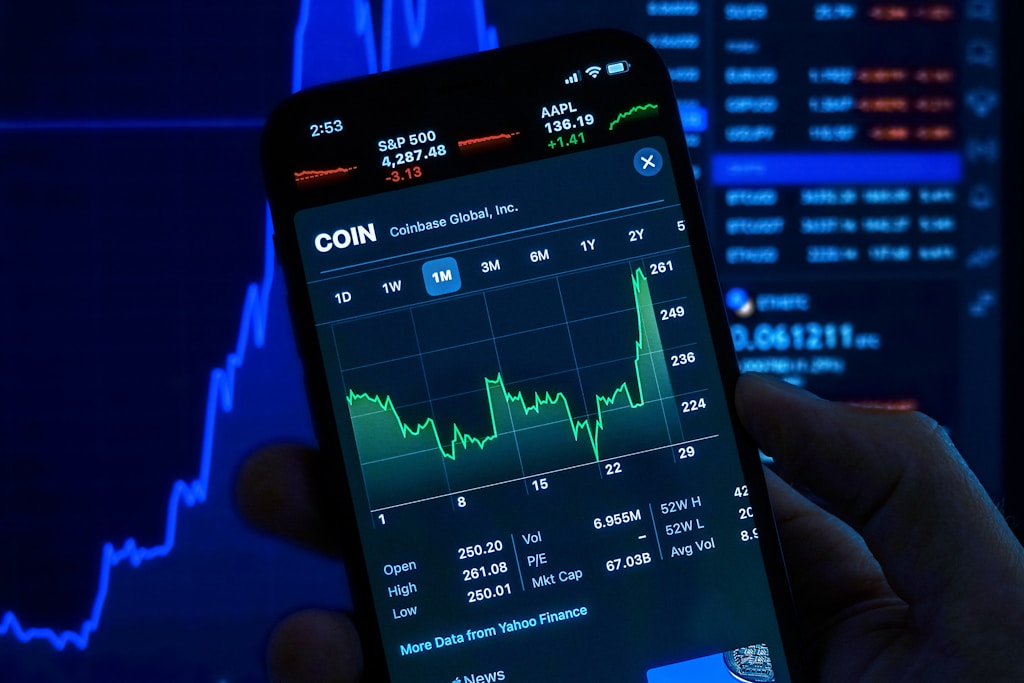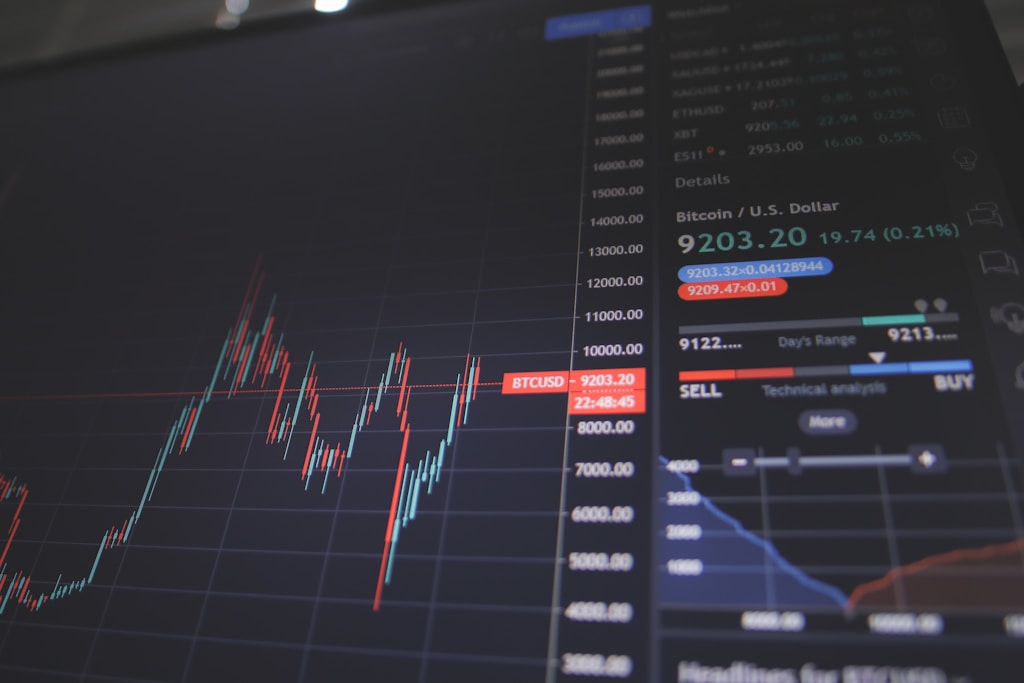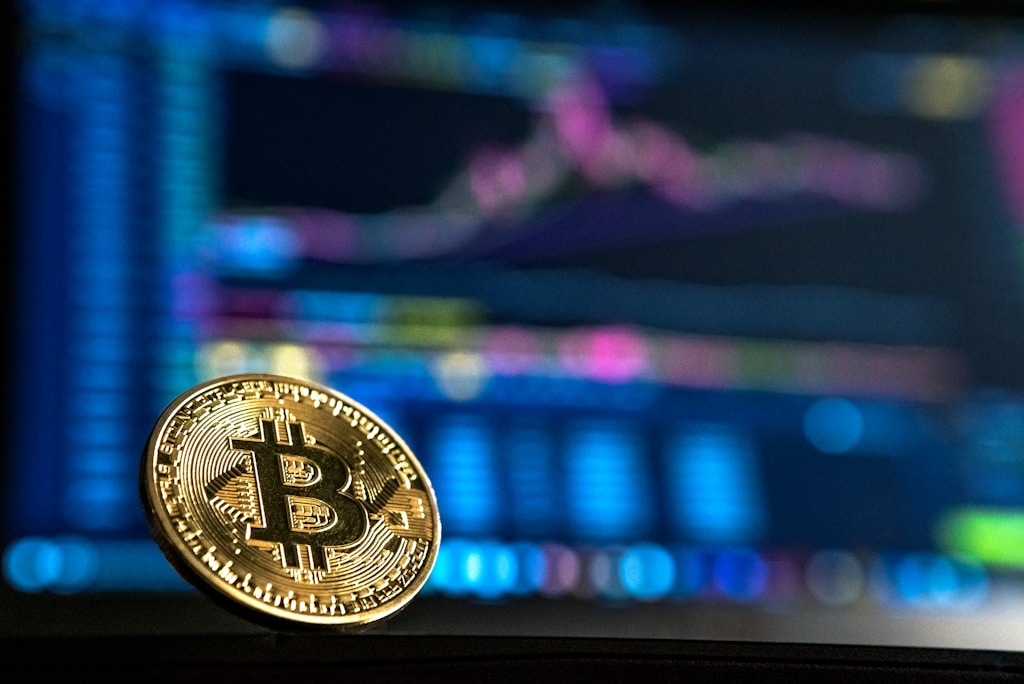Brazilian cashback giant Meliuz is making waves in the cryptocurrency market with plans to significantly expand its Bitcoin treasury. The company has announced a strategic move to raise approximately $80 million through a public share offering, demonstrating growing institutional confidence in Bitcoin as a treasury asset. This development follows the trend of increasing Bitcoin treasury adoption among corporations.
Strategic Share Offering Details
Meliuz has outlined its ambitious plan to issue up to 34,013,606 new shares, with BTG Pactual leading the offering as the primary financial institution. This move represents one of the largest Bitcoin-focused capital raises in Latin America to date.
SPONSORED
Trade Bitcoin with up to 100x leverage and maximize your profit potential
Market Impact and Analysis
This strategic move by Meliuz comes at a crucial time when Bitcoin maintains strong support levels above $100K. The company’s decision to substantially increase its Bitcoin holdings could trigger a domino effect among other Latin American corporations considering similar treasury diversification strategies.
Frequently Asked Questions
Why is Meliuz investing in Bitcoin?
Meliuz sees Bitcoin as a strategic reserve asset that can help protect against inflation and currency devaluation while potentially providing significant upside potential.
How will this affect Meliuz’s market position?
This move positions Meliuz as a pioneer in corporate Bitcoin adoption in Latin America, potentially attracting both traditional and crypto-native investors.
What are the implications for other companies?
This could set a precedent for other Latin American companies to follow suit, potentially accelerating corporate Bitcoin adoption in the region.
| Offering Details | Value |
|---|---|
| Maximum Shares | 34,013,606 |
| Target Bitcoin Purchase | $80 million |
| Lead Bank | BTG Pactual |
As institutional Bitcoin adoption continues to grow, Meliuz’s move represents a significant milestone in the corporate treasury landscape. The success of this offering could pave the way for similar initiatives across Latin America and beyond.






